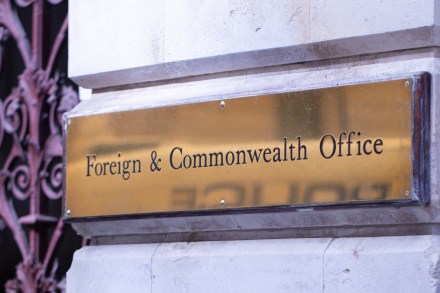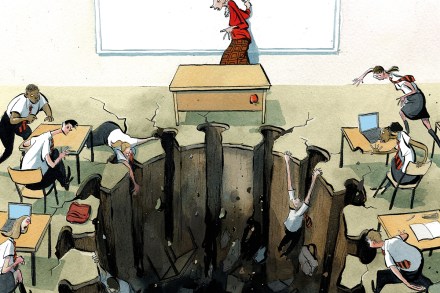Is the Foreign Office DfiD merger a mistake?
23 min listen
The plans for a merger between the two departments has united three former prime ministers in their criticism. Andrew Mitchell, Tory MP and former International Development Secretary, certainly thinks it’s a disastrous idea, and claims that Boris Johnson promised to his face that this would not happen. Andrew joins Katy Balls and Jame Forsyth on the podcast, together with David Lidington, former Cabinet minister and previously at the Foreign Office, who thinks that it’s actually a good idea.




















